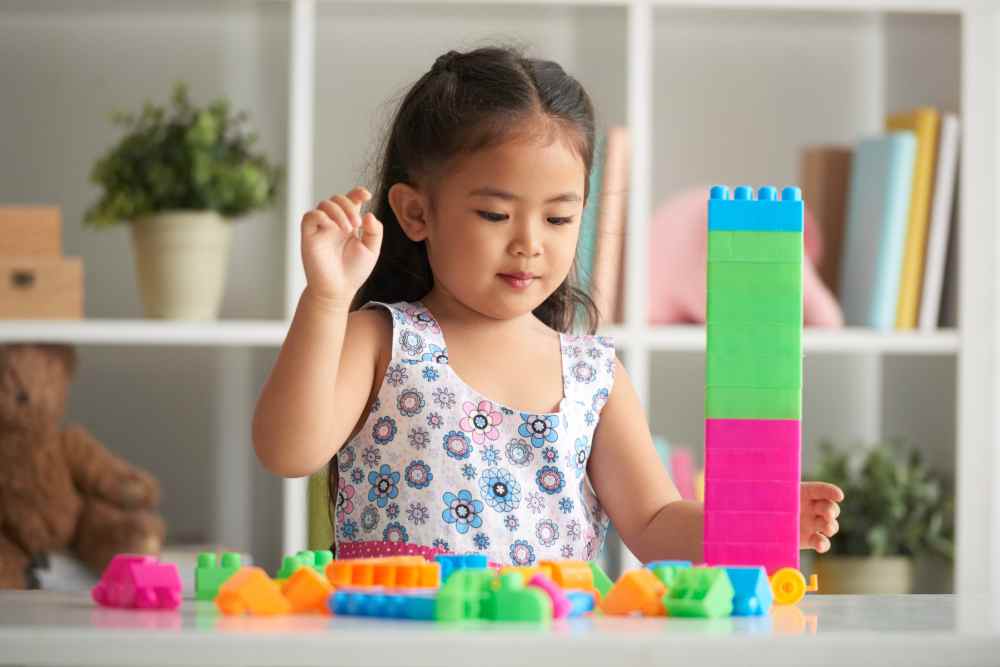Introduction:
As an experienced teacher in one of the world’s best kindergartens, I understand the importance of early childhood education and the role it plays in shaping a child’s language skills.
Flash cards are an excellent educational tool that can engage and stimulate your 3-year-old child’s vocabulary development.
In this article, we will explore the best flash cards available that are interactive, eye-catching, and designed to enhance your child’s learning experience.
ABC Flash Cards:
ABC flash cards are a classic choice for introducing your child to the alphabet.
Look for sets that feature bright, colorful illustrations and a clear representation of each letter.
Interactive cards that allow your child to trace the letters with their finger can also be beneficial for tactile learning.
Number Flash Cards:
Number flash cards are ideal for teaching basic numeracy skills.
Opt for cards that display both the numeral and the corresponding quantity of objects or images.
Interactive cards that encourage counting and basic math operations can make the learning experience more engaging.
Sight Word Flash Cards:
Sight words are commonly used words that children should recognize instantly, as they appear frequently in written texts.
Look for flash cards that feature high-frequency sight words, such as “the,” “and,” “is,” “it,” and “you.”
Interactive cards that provide examples of the words in sentences can help reinforce their understanding and usage.
Shape and Color Flash Cards:
Flash cards that feature different shapes and colors can help develop your child’s visual discrimination skills.
Look for sets that showcase various shapes, such as circles, squares, triangles, and rectangles, along with vibrant colors.
Interactive cards that encourage your child to identify and match shapes and colors can make the learning process more enjoyable.
Animal Flash Cards:
Animal flash cards are a fantastic way to introduce your child to different animals and their names.
Look for sets that include realistic illustrations or actual photographs of animals.
Interactive cards that make sounds or allow your child to mimic animal movements can add an element of fun and engagement.
Emotion Flash Cards:
Emotion flash cards can help your child understand and express their feelings.
Look for sets that depict different facial expressions and emotions, such as happy, sad, angry, surprised, and scared.
Interactive cards that encourage your child to imitate facial expressions or act out emotions can foster emotional intelligence.
Opposite Flash Cards:
Opposite flash cards are great for teaching your child about contrasting concepts.
Look for sets that feature pairs of opposites, such as big/small, up/down, hot/cold, and fast/slow.
Interactive cards that allow your child to match and pair opposites can reinforce their understanding.
Food Flash Cards:
Food flash cards can help your child learn about different types of food and expand their vocabulary related to eating.
Look for sets that showcase a variety of fruits, vegetables, grains, and other food items.
Interactive cards that encourage your child to name the foods, sort them into categories, or identify healthy choices can promote a well-rounded understanding of nutrition.
Transportation Flash Cards:
Transportation flash cards can introduce your child to different modes of transportation and expand their knowledge of vehicles.
Look for sets that feature cars, trucks, planes, boats, and other means of transportation.
Interactive cards that allow your child to make sounds or mimic movements associated with each vehicle can enhance their learning experience.
Nature Flash Cards:
Nature flash cards can help your child learn about the natural world and its elements.
Look for sets that include cards depicting trees, flowers, animals, weather conditions, and seasons.
Interactive cards that encourage your child to identify and name the elements of nature, match them to their surroundings, or engage in nature-related activities can foster a deeper appreciation for the environment.
Conclusion:
Choosing the right flash cards for your 3-year-old child can make a significant impact on their vocabulary development and overall learning experience.
The 10 must-have word flash cards mentioned in this article offer interactive and eye-catching options to engage and stimulate your child’s learning journey.
Remember to select sets that align with your child’s interests and incorporate interactive features that make the learning process enjoyable.
By incorporating these flash cards into your child’s daily routine, you can unlock their vocabulary potential and support their language skills development.
Remember, learning should be a fun and engaging experience for your child.
Make use of these interactive flash cards to create enjoyable learning moments and watch your child’s vocabulary grow!
![]()











